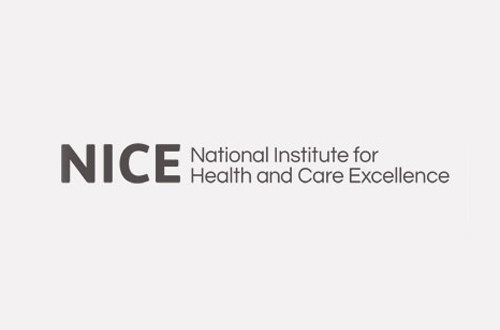
NICE has provisionally recommended Novartis’ Afinitor and Pfizer’s Xalkori for routine use on the NHS in breast and non-small cell lung cancer (NSCLC) in draft guidance published today.
Reviewed as part of the new Cancer Drugs Fund reappraisal process, the UK regulator decided both cancer drugs would be a cost-effective use of NHS resources after the companies offered further discounts to their prices.
Afinitor (everolimus) has been backed as a combination treatment with Pfizer’s Aromasin (exemestane) for the treatment of postmenopausal women with HER2-negative hormone-receptor-positive advanced breast cancer – the most common form of breast cancer.
An oral treatment, Afinitor is restricted to patients whose breast cancer has returned or progressed after initial treatment with hormone therapy and have no signs of the cancer spreading to other organs.
Prof Carole Longson, director of NICE’s centre for health technology assessment, said: “The committee heard that people with breast cancer would value treatments like everolimus that can be given when limited options exist once their disease becomes resistant to endocrine therapy, and because it may delay the need for chemotherapy and its associated side-effects.
“The committee concluded that everolimus with exemestane is effective in delaying the growth and spread of breast cancer and, with the revised patient access scheme, is a cost effective use of NHS resources.”
An estimated 1,500 people are eligible to receive Afinitor in England and Wales, which has a list price of between £2,250 and £2,673 without the confidential NHS discount.
Meanwhile, Pfizer’s Xalkori (crizotinib) has been recommended as a second-line treatment for NSCLC patients, adding to its current approval as a first-line option for ALK-positive advanced NSCLC.
With a list price of £4,689 for 60 capsules, the cost-effectiveness watchdog was previously not inclined to back the drug due to uncertainty over its overall survival gain.
However, with new clinical evidence and an additional discount NICE has advanced the twice-daily treatment option to the final approval stages.




